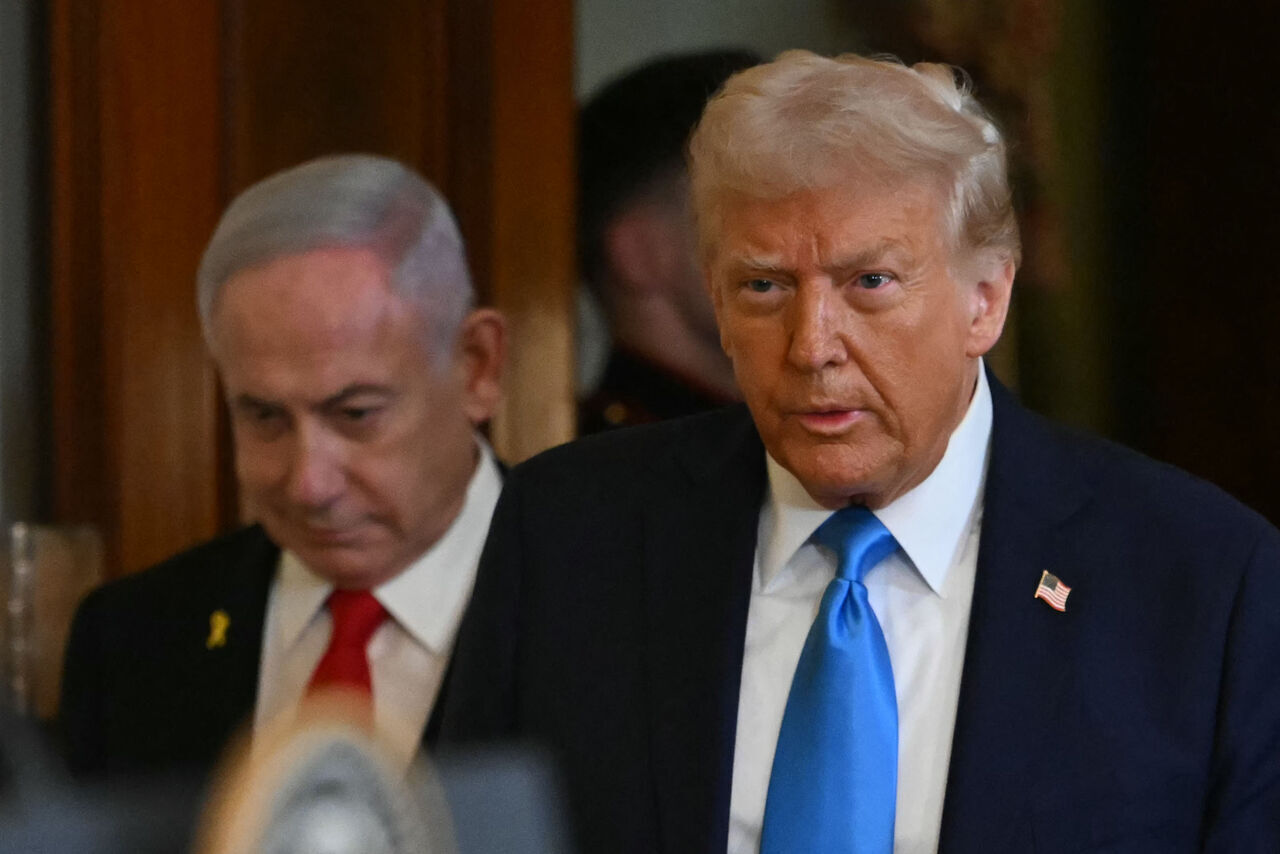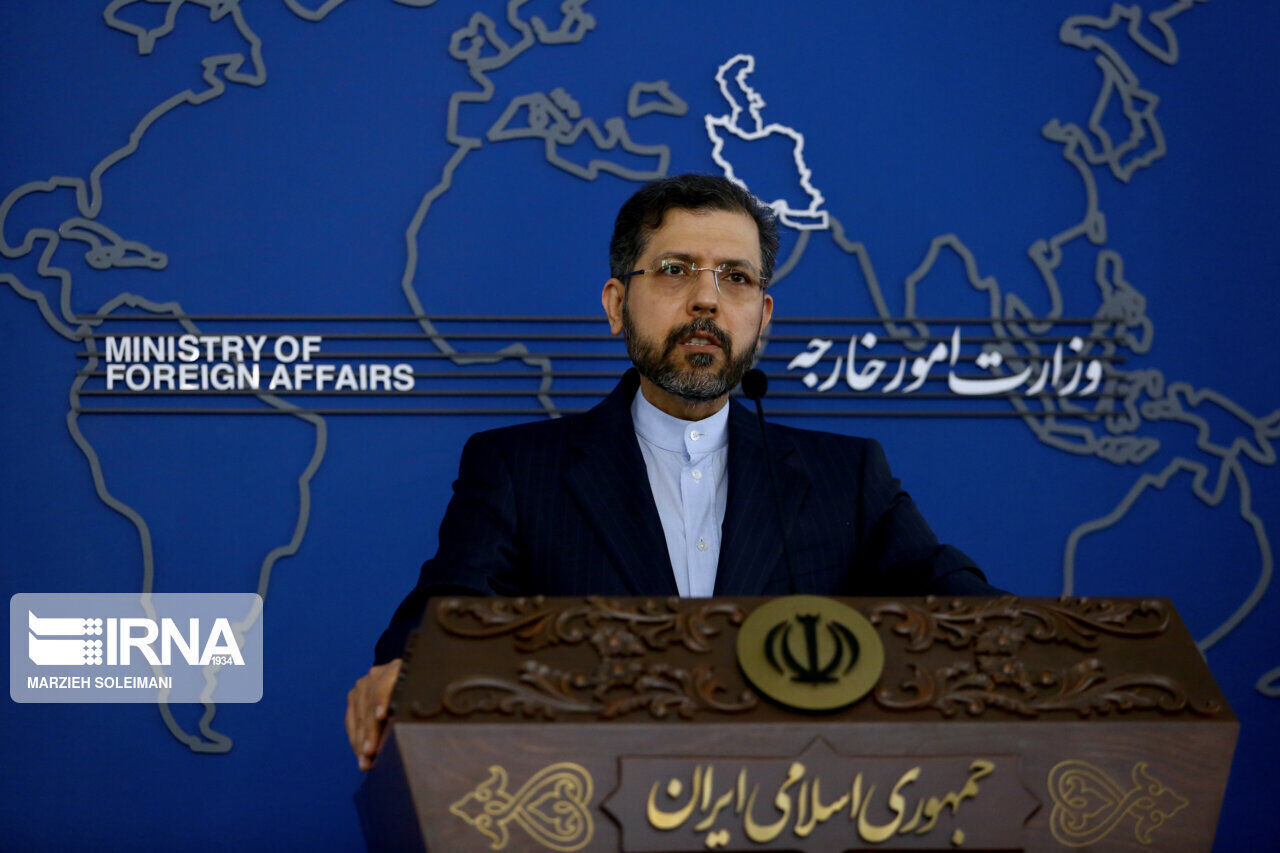
Tehran, Karafarinane Eghtesad (news analysis) – U.S. President Donald Trump has chosen, once again, to closely align his Iran policy with Israeli Prime Minister Benjamin Netanyahu’s, complicating the likelihood of negotiations between the United States and the Islamic Republic, which the U.S. president has said he is keen about.
On Tuesday, as he hosted Netanyahu at the White House, Trump signed a presidential memorandum to restore a campaign of “maximum pressure” on Iran that he had launched early into his first term.
In so doing, and even though he repeatedly emphasized that he was “torn” and “unhappy” about signing the memo, Trump picked up a deeply hostile policy toward the Islamic Republic.
‘Torn’ between continuity and change?
That is likely to strengthen the hand of President Masoud Pezeshkian’s political opponents inside of Iran, who have been campaigning hard against the idea of any negotiations with the United States and the one public official the most associated with that idea: Vice-President for Strategic Affairs Javad Zarif.
Zarif was Iran’s chief negotiator during talks that led to a landmark deal between Iran and originally six world powers, including the United States, in 2015, which Trump withdrew from later when he was president.
Zarif has endured that opposition and has doubled down on the necessity of negotiating even with some of Iran’s adversaries in the pursuit of the country’s national interests.
But it was clear almost immediately that Trump’s unnuanced approach to Iran would mean renewed pressure on both Zarif and the Pezeshkian administration.
In a sign of the sensitivity of the matter, and in a first reaction to Trump’s remarks and his memo, administration spokesperson Fatemeh Mohajerani only offered a general explanation about how Iran viewed relations with foreign countries. She did not name the United States.
There was of course little, if any, expectation that Trump would start his second term in office with an altered view of the world and the United States’ global position. Still, the U.S. president did offer early, if faint, signals to that effect when it came to Iran.
With his Tuesday action, he may have reversed to an old path.
Trust between Iran and the United States already ran very low. President Pezeshkian told NBC last month that the Iranian government had reservations that if new negotiations were held, the United States would not comply with its obligations under a new agreement, given its past record.
While the U.S. president’s emphasis that he had been hesitant about signing the memo could be a sign that he had been badgered by more hawkish aides and advisers — not to mention Netanyahu — into taking the measure, the Iranian camp opposed to talks is likely to point to the fact that the U.S. president may not be able to blame others for his acts. That would in turn make it more difficult for the administration to pursue talks to bring about relief from stringent U.S. sanctions.
In his remarks on Tuesday, Trump said he “would love to be able to make a great deal [with Iran]. A deal where you can get on with your lives.” His action on that same day did not make it any more of a possibility.
4482**9417






Write your comment